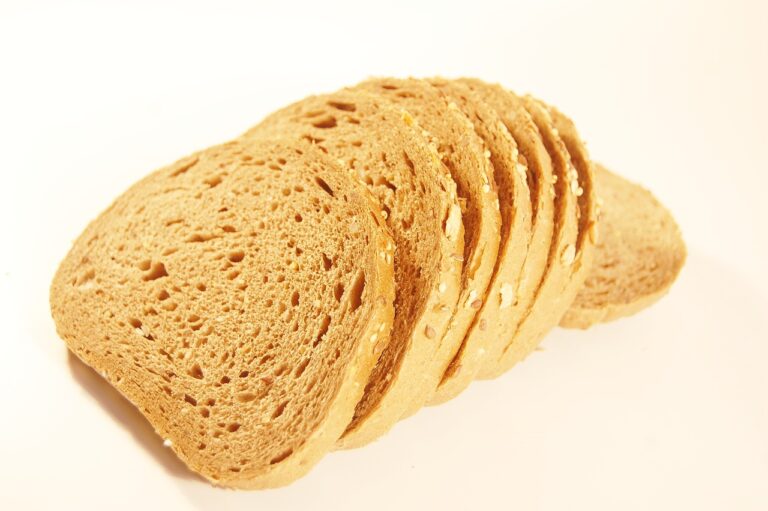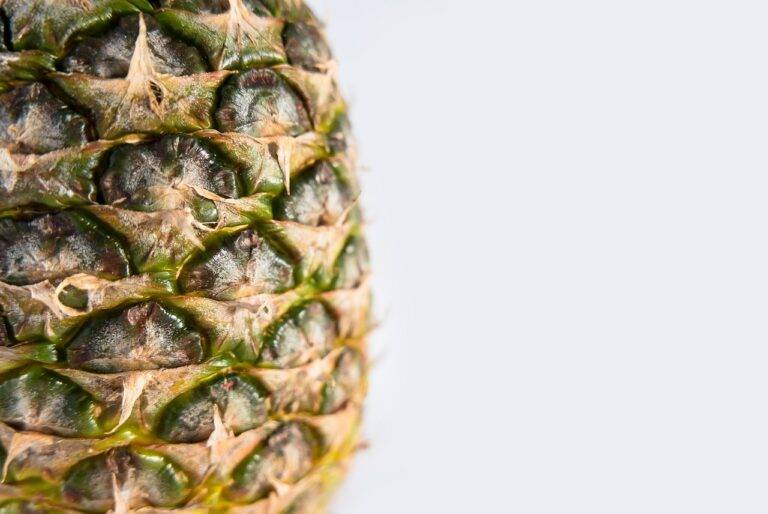The Impact of Protein Bars on Hormonal Health During Menstrual Disorders: Gold bet, Tiger exch login, Betbook250
gold bet, tiger exch login, betbook250: Protein bars have become a popular snack option, especially for those looking to maintain a healthy diet or for athletes seeking a convenient source of protein on the go. However, the impact of protein bars on hormonal health during menstrual disorders is a topic that is not widely discussed but certainly worth exploring.
Protein bars are typically marketed as a nutritious and convenient snack option, containing a balance of protein, carbohydrates, and fats to provide sustained energy. They are often used as a meal replacement or a pre- or post-workout snack. While protein bars can be a convenient and easy way to boost your protein intake, it’s important to consider how they may affect hormonal health, especially during menstrual disorders such as PMS, PCOS, or endometriosis.
Hormonal health plays a crucial role in regulating the menstrual cycle and overall well-being of women. Imbalances in hormones can lead to symptoms such as irregular periods, mood swings, fatigue, and weight gain. It’s essential to understand how certain foods, including protein bars, can impact hormonal health during menstrual disorders.
Here’s how protein bars may affect hormonal health during menstrual disorders:
1. Protein Quality: The type and quality of protein in protein bars can influence hormonal health. Opt for bars made with high-quality protein sources such as whey, casein, or plant-based proteins like pea or hemp. These proteins contain essential amino acids that support hormone production and balance.
2. Sugar Content: Many protein bars contain added sugars or artificial sweeteners, which can disrupt blood sugar levels and insulin sensitivity. High sugar intake has been linked to hormonal imbalances and can exacerbate symptoms of menstrual disorders. Choose protein bars with low sugar content or natural sweeteners like stevia or monk fruit.
3. Fiber Content: Fiber plays a crucial role in hormone regulation and gut health. Protein bars high in fiber can help stabilize blood sugar levels, improve digestion, and support hormone balance. Look for bars with at least 3-5 grams of fiber per serving.
4. Artificial Ingredients: Some protein bars contain artificial colors, flavors, and preservatives that can disrupt hormonal function. These chemicals may interfere with hormone production and metabolism, leading to imbalances. Opt for protein bars with clean, natural ingredients to support hormonal health.
5. Soy Protein: Soy protein is a common ingredient in protein bars, but it may not be suitable for women with hormonal imbalances. Soy contains phytoestrogens, plant compounds that mimic estrogen in the body and can disrupt hormone levels. If you have hormonal disorders like PCOS or endometriosis, consider avoiding soy-based protein bars.
6. Macronutrient Balance: Protein bars should contain a balance of macronutrients – protein, carbohydrates, and fats – to support hormone production and overall health. A good rule of thumb is to choose bars with a 2:1 protein-to-carbohydrate ratio to prevent blood sugar spikes and crashes.
Incorporating protein bars into your diet can be a convenient way to boost your protein intake, but it’s essential to choose bars that support hormonal health during menstrual disorders. Pay attention to the quality of ingredients, sugar content, fiber content, and macronutrient balance to ensure you’re nourishing your body and hormones properly.
FAQs
Q: Can protein bars help with hormonal imbalances during menstrual disorders?
A: Protein bars made with high-quality ingredients and a balanced macronutrient profile can support hormone balance during menstrual disorders. Choose bars with clean, natural ingredients, low sugar content, and adequate fiber to promote hormonal health.
Q: Are there specific protein bars recommended for women with hormonal disorders like PCOS or endometriosis?
A: Women with hormonal disorders such as PCOS or endometriosis should choose protein bars free of soy protein and artificial ingredients. Look for bars made with high-quality proteins like whey, casein, or plant-based sources like pea or hemp.
Q: How can I incorporate protein bars into my diet to support hormonal health during menstrual disorders?
A: Include protein bars as a snack option between meals or as a post-workout snack. Choose bars with a balance of protein, carbohydrates, and fats to support hormone production and balance. Be mindful of sugar content and opt for bars with natural sweeteners.
In conclusion, protein bars can be a convenient and nutritious snack option, but it’s essential to choose bars that support hormonal health during menstrual disorders. Focus on ingredients, sugar content, fiber content, and macronutrient balance to nourish your body and hormones effectively. By making informed choices, you can enjoy the benefits of protein bars while promoting hormonal balance and overall well-being.







